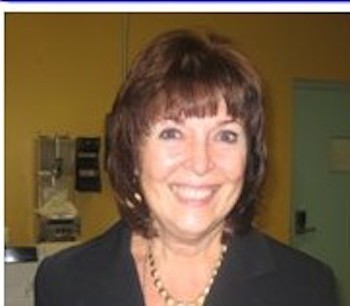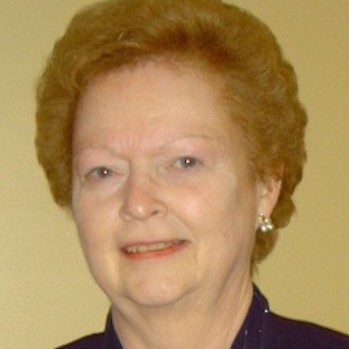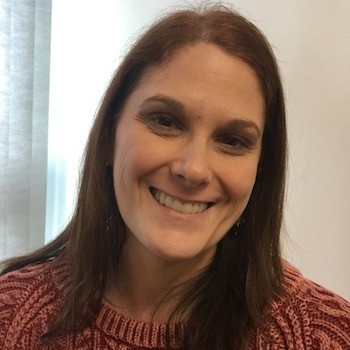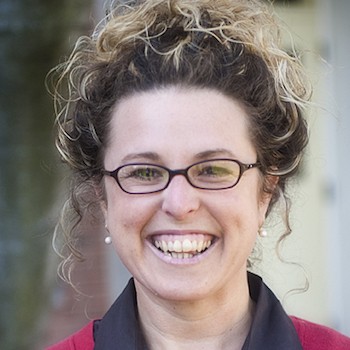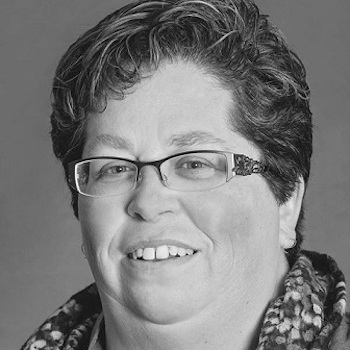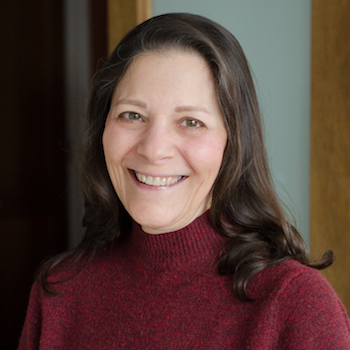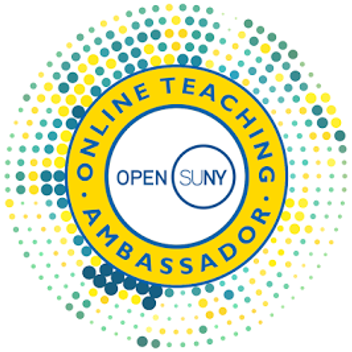Open SUNY Online Teaching Ambassador 2017 – Plattsburgh: Forrest Studebaker

Forrest E. Studebaker, PhD is an Adjunct Professor of Political Science at SUNY Plattsburgh. His teaching experience has often paralleled his “second career” in Human Resources Management. It has ranged from community colleges to graduate programs with both public and private educational systems. It has clarified the differences in teaching, and training. There’s a place for both, and computer assisted learning works in both.
Many feel that there is no substitute for “hands on” in person contact. And most of us have played a large role in mentoring our students, face to face. However, it isn’t the only way to master personal contact with students. It is a misinterpretation of the potential to believe that we sacrifice critical aspects of “human contact” when on-line.
A carefully designed on-line course offers opportunities for interpersonal contact that may be lacking in the classroom. Many students so quiet that they won’t venture into face-to-face discussion. And some have emotional distances that may make attempts to compel such contact painful to them. On-line forums, and other sources of on-line engagement may typically bring the most reserved students into active participation.
The student and teacher gain from the opportunity to reflect on what is being discussed, what has actually been said, and how to interpret those words and phrases when the dialogue is in print. “That’s not what I meant” often evolves into “on second thought,” or “now I get it”, based on what one’s classmates have actually written analytically.
On-line teaching offers flexibility in meetings, in discussion, and in seeking information that just may not be possible on a fixed schedule of classes, or of office hours. Indeed it does raise more time demands on the teacher, but it rewards in student feedback.
My greatest rewards from teaching on-line sections has come from the interpersonal contacts that become established through forums, and from records of my ‘lecture.’ My presentation of ‘lecture’ has been enhanced by reviewing what has been entered on the Moodle platform. The opportunity to revise, to elaborate, and to add information is an incredible extension of “the classroom.” It doesn’t replace, but it does increase contact.
In an epoch when more and more students are non-traditional, when educational costs often mean students are working multiple jobs and shifts, on-line is flexible. It opens the door to students with difficult demands on time; job, family and commuting costs are all reduced. On-line will never replace classroom teaching altogether, but it does enhance and broaden opportunities for student and teacher alike. It isn’t “like” face-to-face teaching, it is another face of engaged teaching and mentorship; all to the good.

